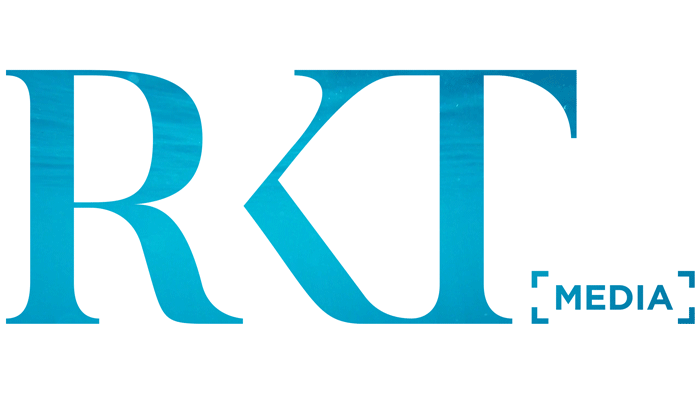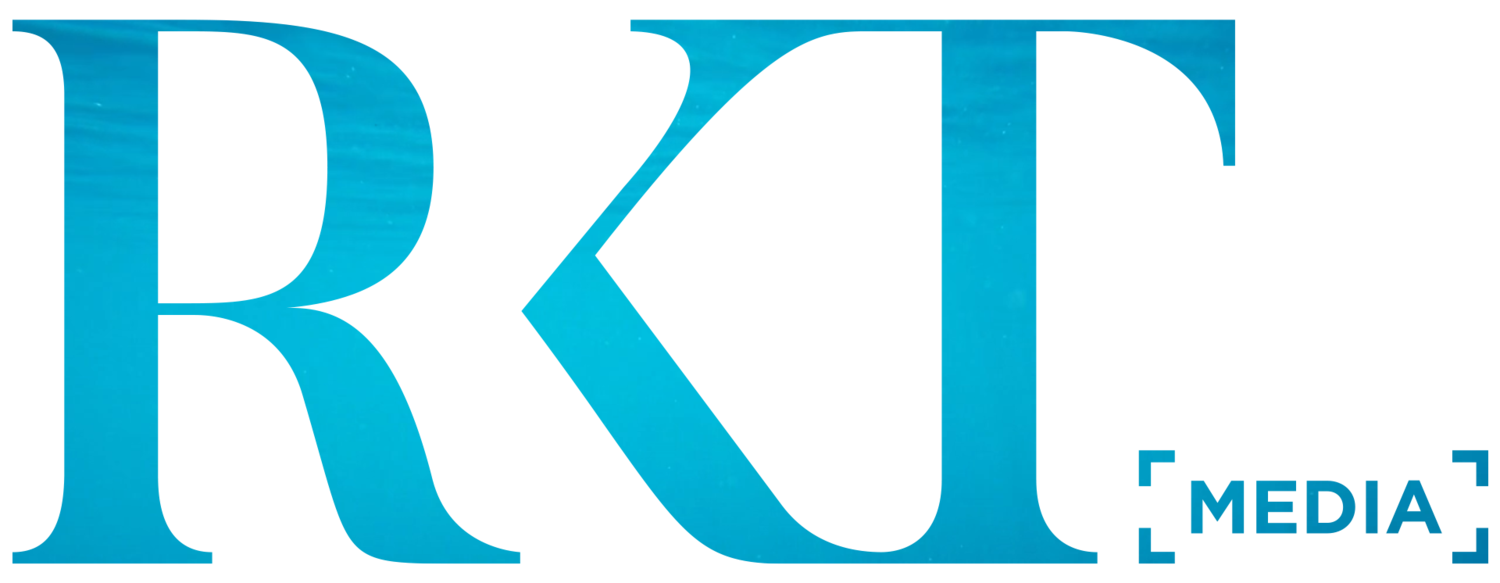ABOUT RKT ATHLETES
RKT Media has added a new division of the company called RKT Athletes. Certified by the State of Hawaii as an official athletic agent, RKT Media now represents and manages current athletes who play for the University of Hawaii in sponsorship deals, media campaigns, and paid partnerships. RKT Media can also offer its clients and other brands and companies the opportunity to work with these student-athletes who have a notable name and brand in the Hawaii market. With no professional sports team to call our own and as a tight-knit community, some UH athletes are often elevated to superstar level, with many others also building a substantial presence in the community. RKT Athletes seeks to represent these college athletes and provide them opportunities to work with some of the biggest brands in Hawaii and beyond while simultaneously serving its clients' needs through new video and marketing avenues.
WHAT IS NIL?
The term "NIL" stands for "name, image, and likeness." In 2021, the NCAA changed its rule to allow college athletes at every level to monetize their success using their name, image, and likeness. The NCAA had long prohibited athletes from accepting any outside money to preserve "amateurism," the concept that college athletes are not professionals and therefore do not need to be compensated. The NCAA believed that providing scholarships and stipends was sufficient. Athletes could be suspended or lose eligibility if they violated the rules. However, with the recent rule change, athletes will have no significant restrictions on how they can be compensated for their NIL.
HOW DOES AN ATHLETE MARKET HIS/HER NIL?
Athletes will be allowed to make money off their celebrity. Some examples include:
Sponsored social media posts or advertisements
Sponsored videos on Twitter and YouTube
Training lessons and summer camps
Autograph and merchandise sales
Athletes also will be allowed to hire agents to help them navigate the new NIL world.
WHAT ARE THE RESTRICTIONS TO THE NIL RULING?
The NIL rule change does not affect the rules about choosing a school. Athletes will not be allowed to accept payments or kickbacks for choosing one program over another. This is simply for third-party deals. There will continue to be stipulations, many on a school-by-school basis. Schools will need to decide whether an athlete can sign a deal that competes with a preexisting university deal. Athletes will not be able to use their university logos and trademarks in advertisements unless the company they represent receives an official licensing agreement from the institution.
WHAT DOES THIS MEAN FOR BRANDS/COMPANIES?
With the influencer marketing industry estimated to be worth up to $15 billion by 2022, the NIL rights will expand the pool of desired brand ambassadors by thousands, unlocking powerful brand opportunities. The biggest shift in marketing opportunity is that brands can execute campaigns leveraging student-athletes in real-time on any level, national, regional, hyper-local, or niche sports. A brand sponsor's social channels could feature programming with a student-athlete the night before a marquee game to build excitement and engage fanbases more directly, especially if the brand has already established itself as a financial supporter of the University's athletic department. Brands will also be able to capitalize off cultural moments in the world of college athletics as they happen and establish themselves as relevant mainstays in those conversations. Having players posting branded content minutes after a big match or their championship win could bring significant exposure and result in a jump in sales.


